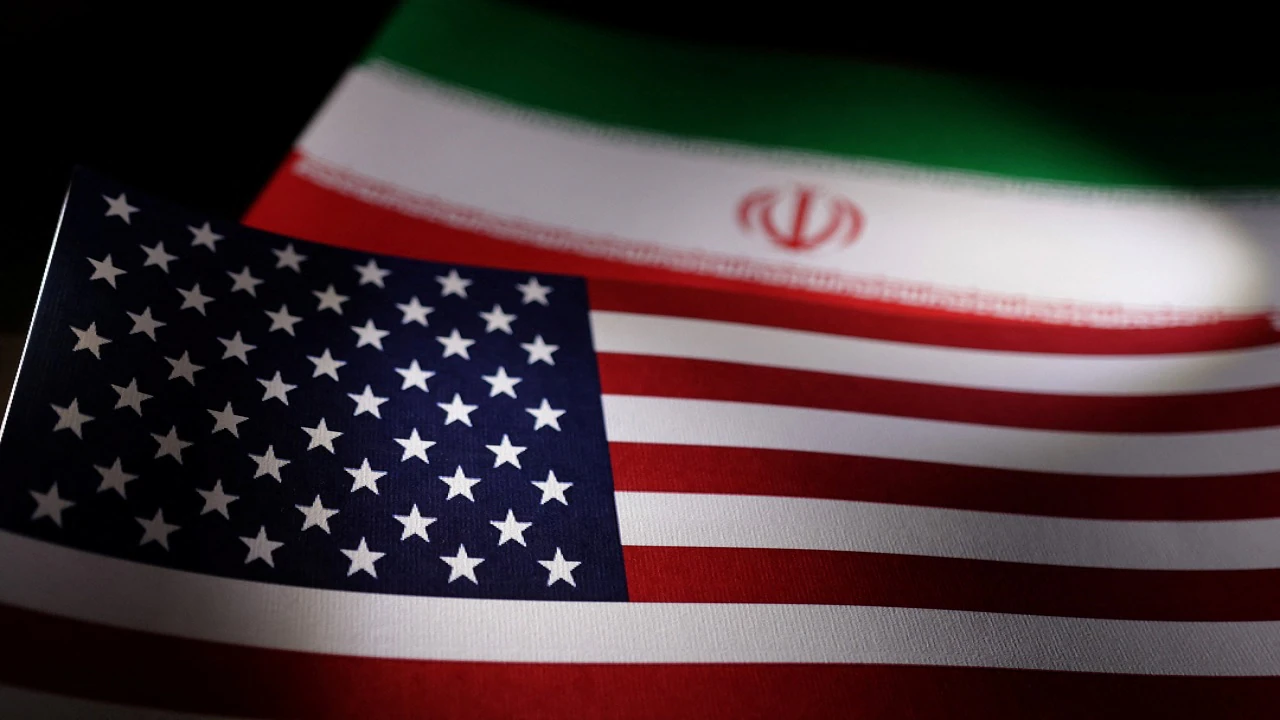
Iran warns regional nations about strikes against it and seeks to have indirect talks with the US
A senior Iranian official stated that Iran is retaliating against the United States’ demands that it negotiate directly over its nuclear program or face bombing, warning neighbors that house American bases that they could be targeted if they get involved.
Iran wants to maintain indirect negotiations through Oman, a long-standing route for signals between the two governments, despite rejecting U.S. President Donald Trump’s desire for direct talks, the official told Reuters on condition of anonymity.
“Indirect talks offer a chance to evaluate Washington’s seriousness about a political solution with Iran,” the person added.
Despite the possibility of a “rocky” path, the official stated that if U.S. messaging supports it, such talks might start shortly.
According to the official, Iran has warned Iraq, Kuwait, the United Arab Emirates, Qatar, Turkey, and Bahrain that encouraging an American attack on Iran, including allowing American forces to use their airspace or territory during such an attack, would be viewed as an act of aggression.
Such an action “will have severe consequences for them,” the person stated, adding that Iran’s military was on high alert due to Supreme Leader Ayatollah Ali Khamenei.
Trump’s threats of military action against Iran have agitated already strained nerves throughout the region following Israeli-Iranian gunfire, military strikes on Yemen, open combat in Gaza and Lebanon, and a change in leadership in Syria.
States around the Gulf, a body of water that contains a sizable amount of the world’s oil resources and is bordered on one side by Iran and on the other by Arab monarchies associated with the United States, are uneasy due to fears of a wider regional conflict.
Requests for comment from representatives of the governments of Bahrain, Kuwait, the United Arab Emirates, Qatar, and Iraq were not immediately answered. Although it was not aware of a warning, Turkey’s Foreign Ministry stated that alternative avenues could be used to spread similar messages.
According to Iranian state media, Kuwait assured Iran on Wednesday that it would not tolerate any aggressive action coming from its territory against other nations.
Russia, Iran’s ally, urged for moderation on Friday after stating on Thursday that U.S. military strike threats against the Islamic Republic were unacceptable.
A second Iranian official stated that Iran is attempting to increase its support from Russia but is dubious about Moscow’s dedication to its friend. Trump and Russian President Vladimir Putin’s relationship “depends on the dynamics” of this, the individual stated.
DURING TWO MONTHS
Trump stated that he had written to Khamenei on March 7 to propose discussions, and he has stated that a compromise over Iran’s nuclear program is preferable to a military conflict.
Omani mediators could mediate a first round of indirect discussions between the Iranian and U.S. delegations, according to the first Iranian official. Khamenei has given permission for Foreign Minister Abbas Araqchi or Majid Takht-e Ravanchi, his deputy, to participate in any negotiations in Muscat.
A request for comment was not immediately answered by the Omani government spokesperson.
The official, however, thought there was only a two-month window for reaching an agreement because he was concerned that prolonging the talks could lead to a “snap back” of all international sanctions on Iran in order to stop the country from obtaining a nuclear weapon and that Iran’s longtime adversary Israel might launch its own attack.
Iran has denied for a long time that it wants to create nuclear weapons. But according to the U.N. nuclear inspector, it is “dramatically” speeding up uranium enrichment to as high as 60% purity, which is very near the 90% weapons-grade standard.
No other nation has enriched uranium to this degree without creating nuclear weapons, according to Western powers, and there is no need to do so under any civilian program.
Although Iran has stated that it would be open to discussions with the United States if the goal was to resolve issues over its program, it has refused to engage in direct talks while the United States is threatening it and has stated that its missile program would not be discussed.
Amirali Hajizadeh of the Islamic Revolutionary Guards Corps, a top Iranian military commander, said on Monday that any conflict could target American bases in the area.
Following the 2020 U.S. missile strike in Baghdad that killed Qassem Soleimani, the leader of the IRGC’s Quds Force, Iran began targeting U.S. bases in Iraq.
All Categories
Recent Posts
Tags
+13162306000
zoneyetu@yahoo.com



